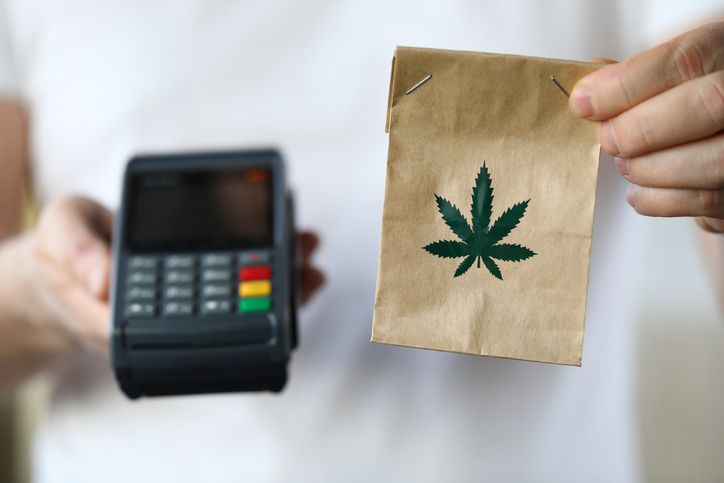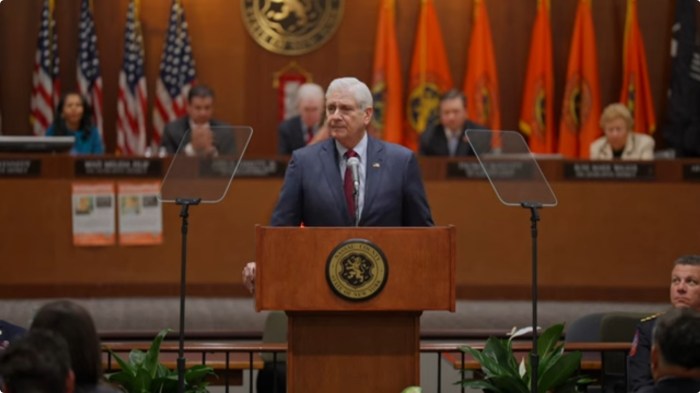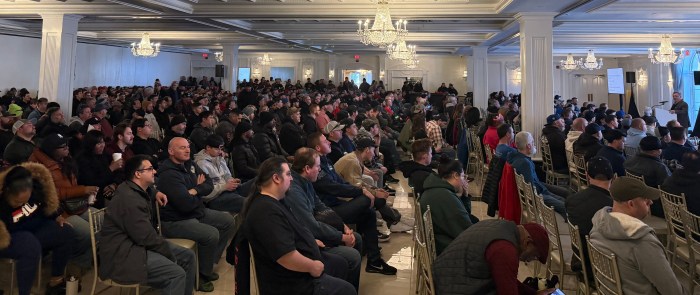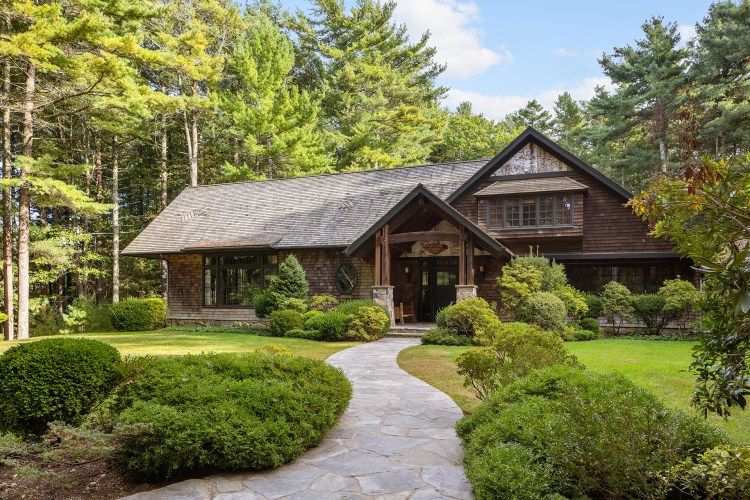More town and village leaders on Long Island have declared plans to opt out of allowing legalized pot shops and cannabis cafés in their communities, but there is no consensus on an island-wide ban.
Babylon Town Supervisor Richard Schaffer, who also chairs Suffolk’s town supervisors association and the county Democratic committee, said there was no decision at last week’s meeting in which he called for all 13 town governments on LI to opt out of legal weed sales. Although most local leaders contacted by the Press say they’re studying the issue and refused to take a public stance for or against, the number of town supervisors and village mayors who have expressed support for banning pot shops has grown. But the Shinnecock Indian Nation’s recent announcement that it plans to open a dispensary in Southampton this year means that even if neighboring municipalities prohibit sales, the cannabis sales will remain legal on the sovereign tribe’s reservation.
“As the town board debates the question of opting out of the sale of marijuana, it needs to consider that opting out will not prohibit the sale on the reservation, but it will deprive the town of any sales tax associated with the sale,” Southampton Town Supervisor Jay Schneiderman told Dan’s Papers.
LI’s 95 villages, 13 towns, and two cities — Glen Cove and Long Beach — have until Dec. 31 to pass legislation opting out of allowing dispensaries from selling weed to adults over the age of 21 following passage of a historic New York State law ending pot prohibition two weeks ago. Nassau County lawmakers have proposed banning smoking pot on county property.
The Town of Hempstead declared its board unanimously favors an opt-out. Most other town leaders took a wait-and-see approach, but the supervisors of Riverhead, Oyster Bay, and Huntington towns issued statements suggesting they’re leaning toward a ban.
“Prior to Albany’s legalization, our town board passed a law to restrict sales to industrial zones that are at least 1,000 feet away from residential neighborhoods, schools, playgrounds, houses of worship and to keep it away from children,” Oyster Bay Town Supervisor Joseph Saladino said. “Recently legalized by the State Legislature, the Town is now reviewing the law to come up with the safest ways to protect our children and communities.”
Riverhead Town Supervisor Yvette Aguiar said she’s worried about adolescents having access to marijuana.
“I have reservations since, often marijuana is the gateway to drug usage for adolescents,” she said.
And a spokeswoman for Huntington Town Supervisor Chad Lupinacci said that he “supports an opt-out and he is discussing the issue with the town board.”
Some, such as the Town of North Hempstead, are launching a task force to study the issue.
“The task force will be comprised of residents and experts in various fields such as business, health and public safety,” said North Hempstead Town Supervisor Judi Bosworth. “The task force will assist in gathering public input and lend their expertise to developing a recommendation that will be presented to the town board before the state’s opt-out deadline.”
As the Press has reported, the village mayors of Freeport, Rockville Centre, Island Park, and Williston Park have all gone on record as backing a ban. Three more mayors — leaders of Lindenhurst, West Hampton Dunes, and Babylon villages — have since joined in the opt-out idea.
“It’s not about revenue, it’s about health and safety,” Babylon Village Mayor Mary Adams told the Press.
The mayor of West Hampton Dunes conceded that although he opposes allowing marijuana to be sold, there really isn’t any commercial availability for someone to set up shop in the village. Many villages cited the fact that they are predominantly residential as a reason for sitting out of the debate.
“Lawmakers … should not approach this decision from the standpoint of whether or not to allow cannabis into their communities,” said Paul Armentano, Paul Armentano, deputy director of National Organization for the Reform of Marijuana Laws (NORML), an organization that has long lobbied for legalization. “Cannabis is already in their communities. The question is: Do you want these transactions to be open, transparent, and regulated by state and local governments or do you want them to be kept in the shadows and dominated by criminal entrepreneurs?”
-With Drashti Mehta, Terrell Bush, and Joseph Gemino
Related Story: NY Passes Recreational Marijuana
































